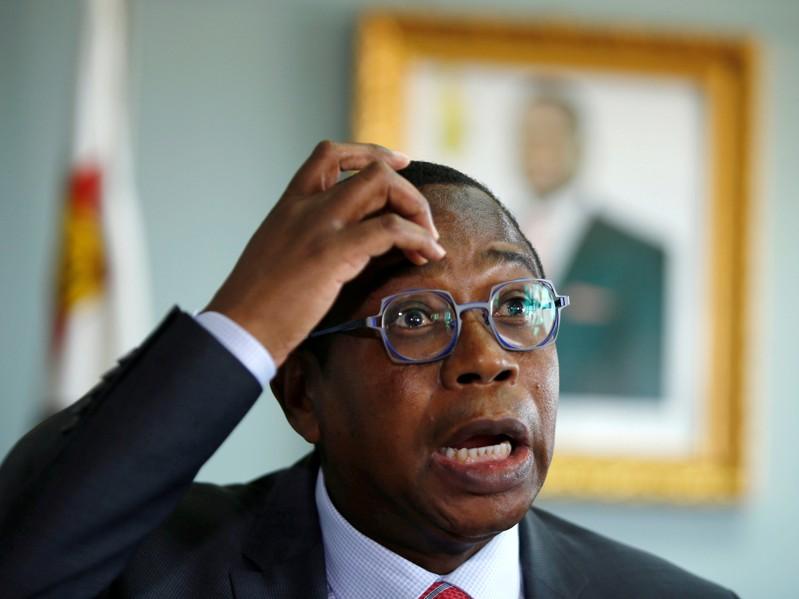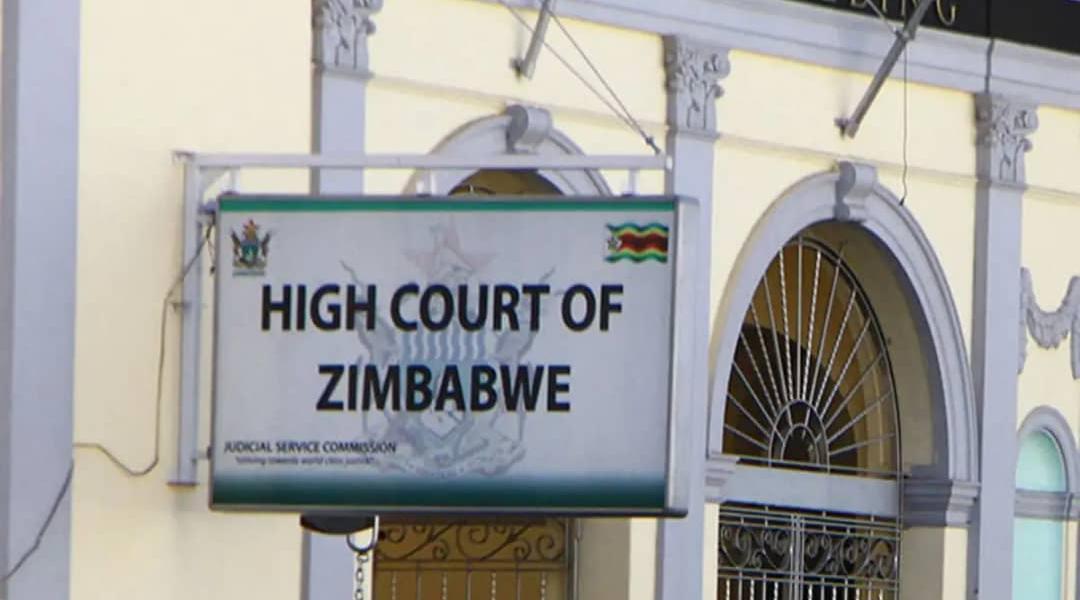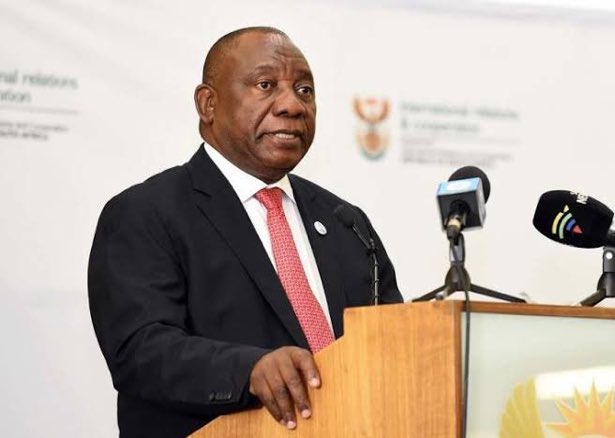HARARE – The International Monetary Fund (IMF) has urged the Zimbabwe government to consider implementing key policies that will foster real economic growth and strategically position the troubled country to responding to external shocks.
This follows a visit by the IMF staff team to the country from December 1 to December 15 for the 2023 Article IV consultations.
The delegation engaged with the government, civil society, and the private sector on economic development issues.
In a statement, IMF said despite attempts by the government to stabilise the country’s economy, real change will depend on the implementation of key policies.
“The IMF mission notes the authorities’ efforts to stabilise the local foreign exchange market and lower inflation. In this regard, the tightening monetary policy along with a prudent fiscal stance are policies in the right direction and have contributed to a narrowing of the premia in the parallel foreign exchange market.
“In addition, the authorities have identified large payments to suppliers, the result of over-invoicing as a source of pressure on the parallel market and in response have launched value-for-money audits and introduced measures to strengthen procurement regulations.
“Uncertainty remains high, however, and the economic outlook will depend on the implementation of key policies and the evolution of external shocks.”
In response to the economic challenges in the country, the IMF recommended acceleration in terms of liberalising the foreign exchange market through the removal of restrictions on the exchange rate at which banks, authorised dealers, and businesses transact.
It also called on the Reserve Bank of Zimbabwe to address its quasi-fiscal operations to mitigate liquidity pressures and maintain a tight monetary policy stance to durably restore macroeconomic stability and ensure social stability.
In addition, the team said there was need to restore the nominal anchor for monetary policy through use of appropriate interest-bearing instruments to mop up liquidity and winding down the use of gold coins, as well as maintaining a prudent fiscal stance.
To the government’s credit, the IMF noted that renewed domestic and external shocks such as inflation surges, erratic rainfalls, electricity shortages, and Russia’s war in Ukraine were adversely affecting the economy.
















